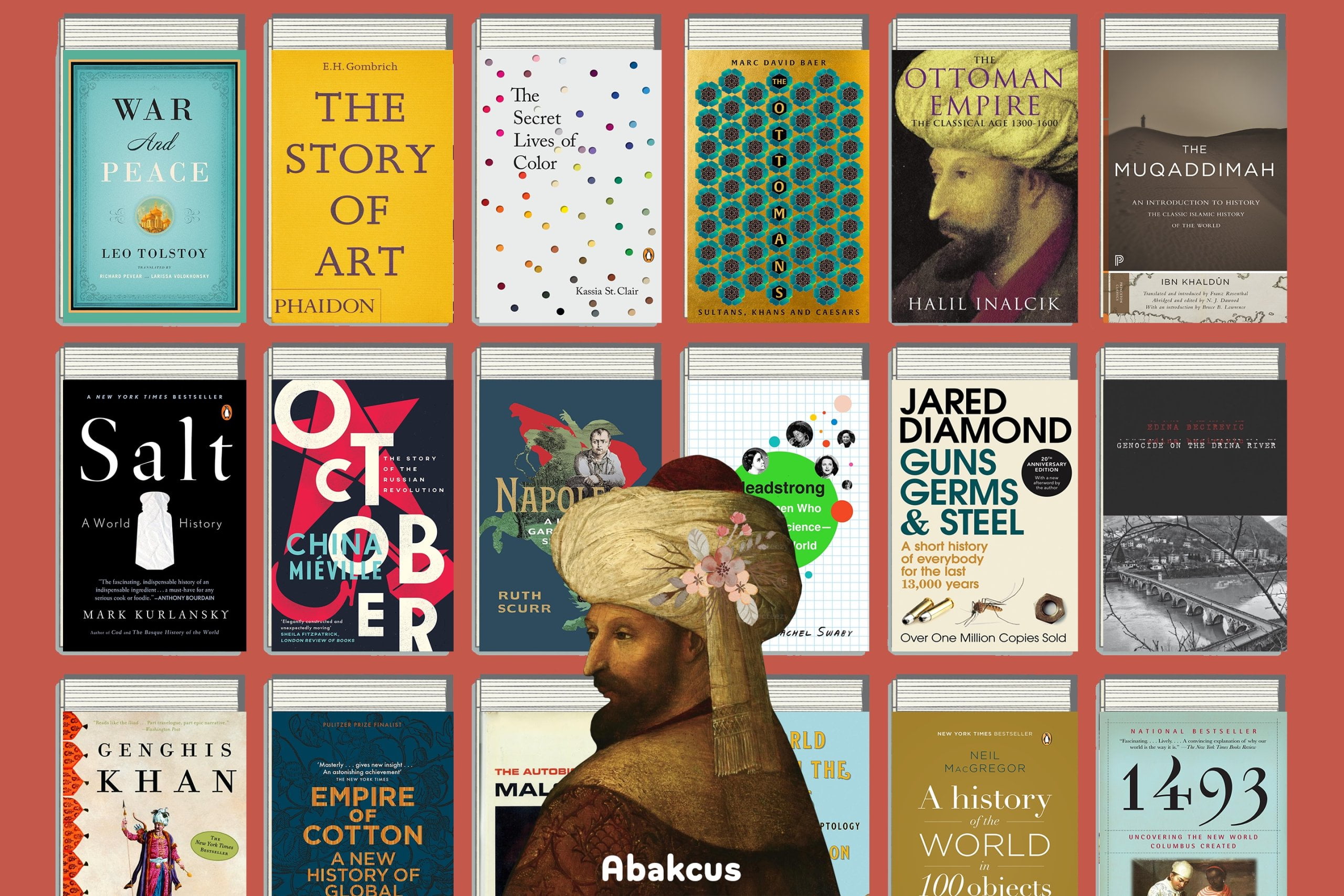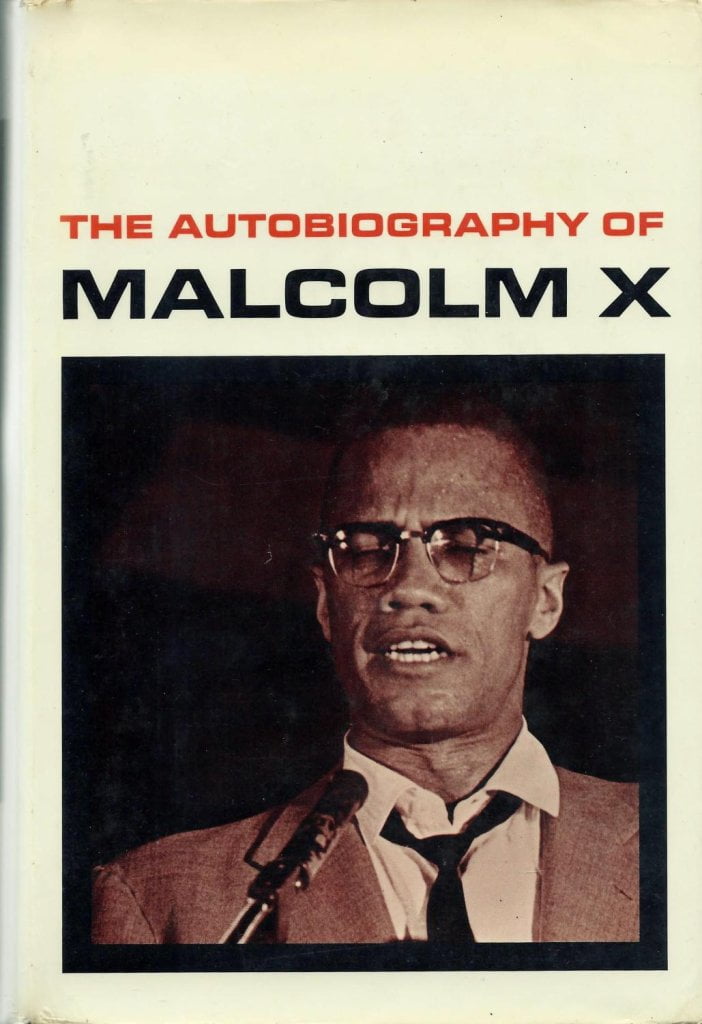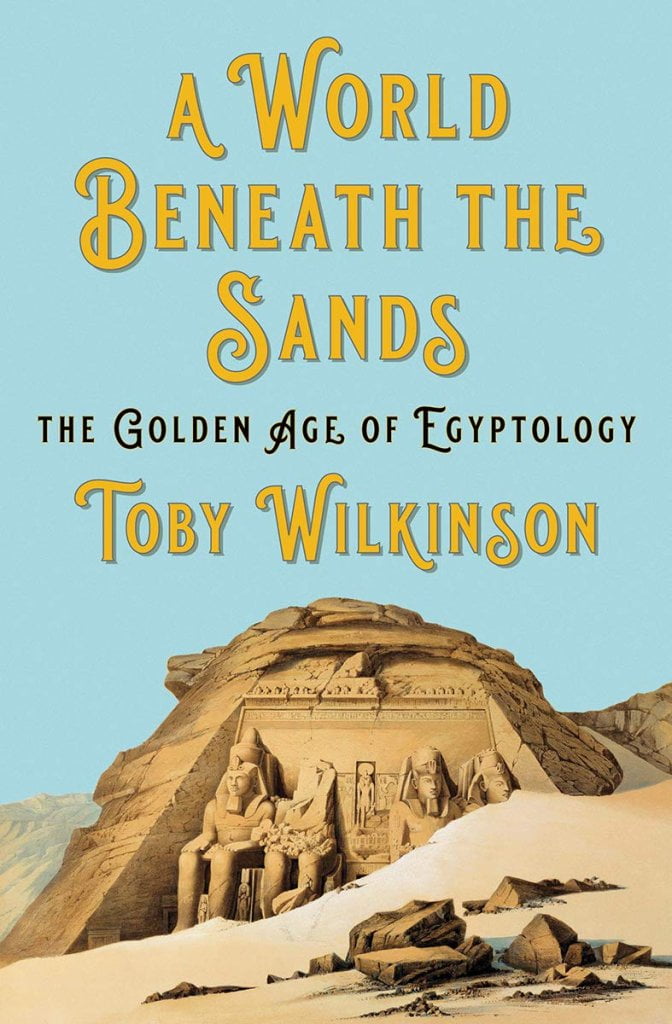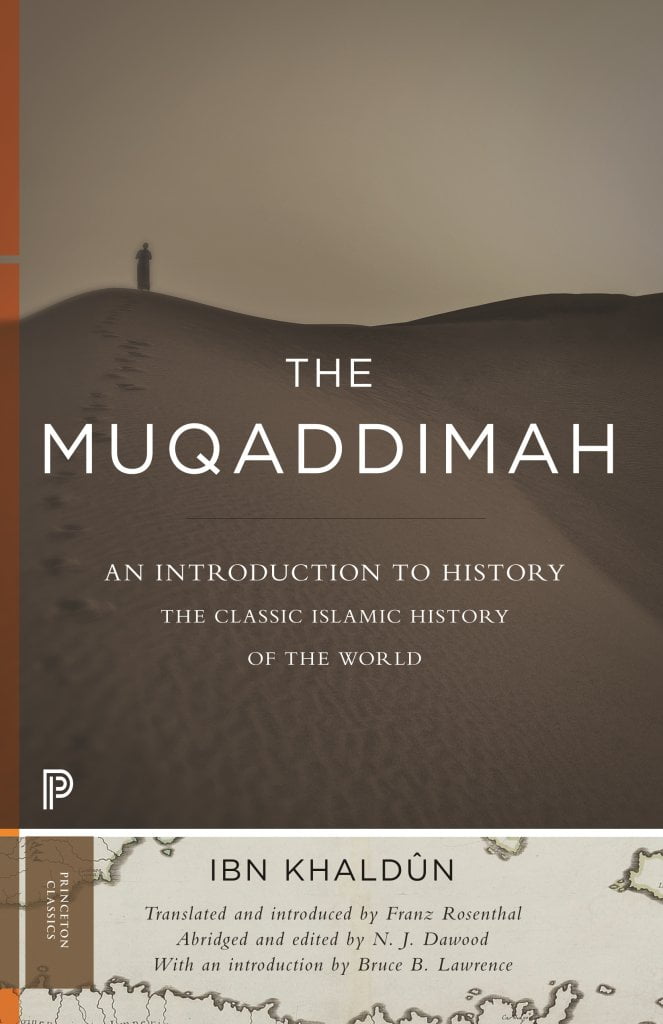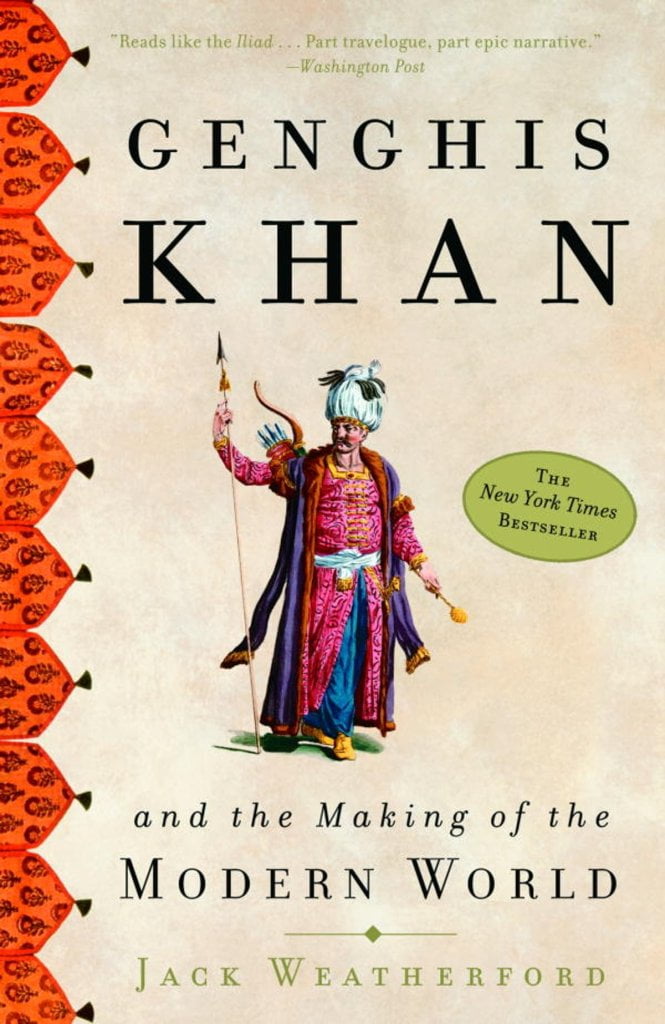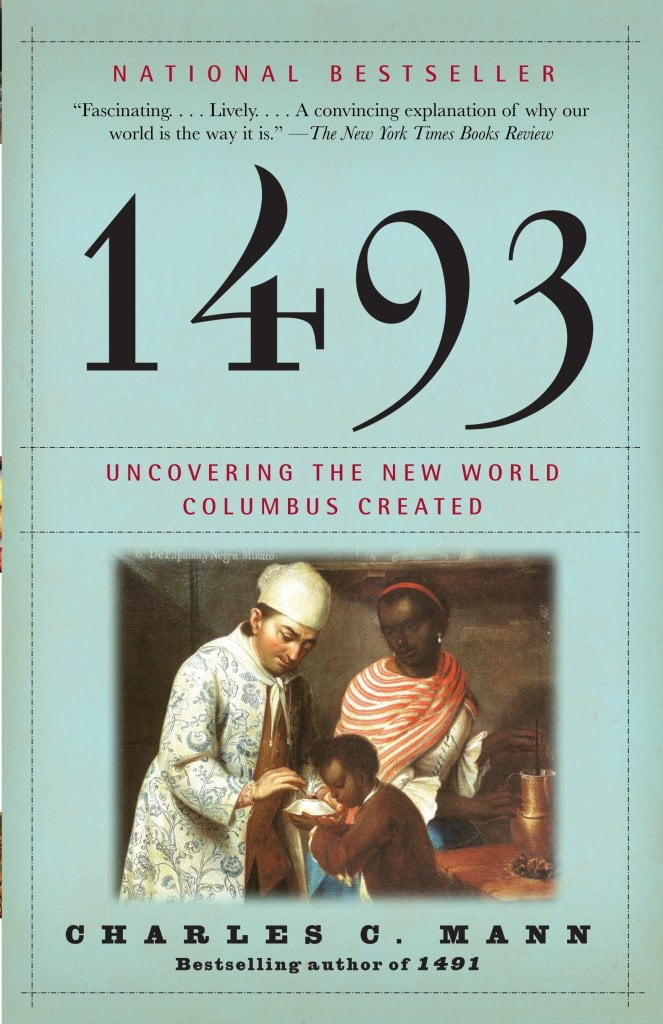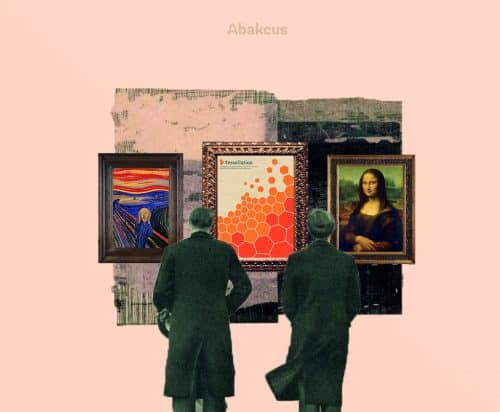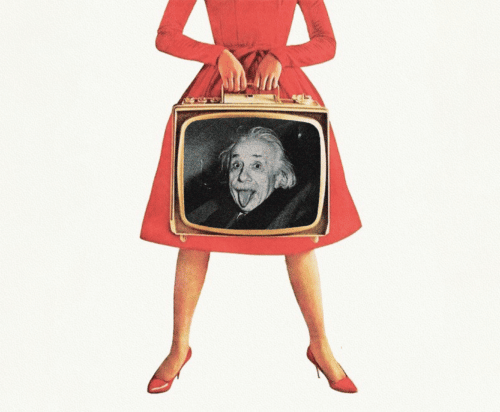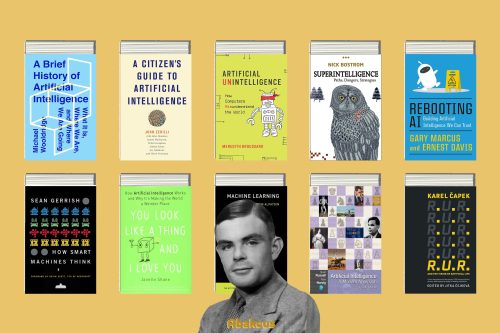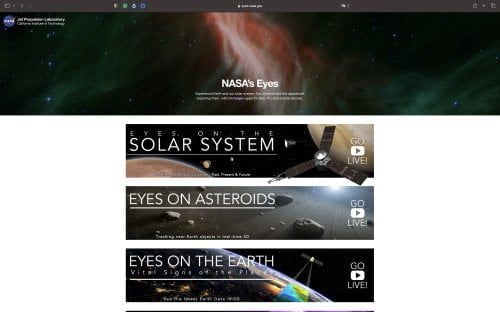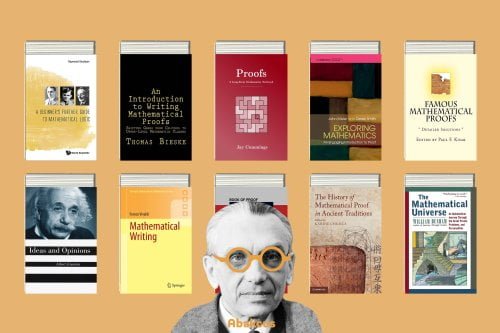Exploring the complexities of the past can be captivating and enriching. So what are the best world history books out there? From Jared Diamond’s “Guns, Germs, and Steel” to Halil Inalcik’s “The Ottoman Empire,” countless reads offer unique perspectives on the events and trends that have shaped our world.
These best world history books delve into subjects ranging from the rise and fall of empires to the successes and struggles of humanity’s most innovative minds. Each one offers compelling insights, making narrowing down a definitive “best ” difficult.” But whether you’re a novice or a seasoned historian, immersing yourself in the narratives and voices of these books is sure to deepen your understanding of our shared past.
Why You Should Read the Best World History Books
The subject of world history is vast and complex, with countless events and personalities that have shaped the world we live in today. It is impossible to understand our current world without looking at its past. However, learning history is not always an easy task. Reading the best world history books is the best way to learn about the past.
The 20+ Best World History Books

Below, I will list the best world history books to gain a deeper understanding of the past.
The Autobiography of Malcolm X is a captivating and powerful memoir that chronicles the life of the renowned civil rights activist and Nation of Islam leader. Malcolm X’s story is one of radical transformation, from his troubled childhood in Michigan to his eventual political awakening in prison and his journey to becoming one of the most influential figures in the fight for racial equality. Through his frank and unflinching account, Malcolm X shares his personal struggles and triumphs and offers a penetrating critique of American society and the injustices perpetuated against Black Americans. The Autobiography of Malcolm X is essential for anyone interested in civil rights history and the ongoing struggle for social justice.
Ruth Scurr’s biography “Napoleon: A Life Told in Gardens and Shadows” takes readers on an intimate journey through the life of one of history’s most fascinating figures. Scurr’s prose is a masterful balance of historical fact and vivid storytelling from his early days in Corsica to his rise as Emperor of France. But what truly sets this biography apart is its unique approach, focusing on the gardens and landscapes surrounding Napoleon throughout his life. By examining the natural world that shaped him, Scurr offers readers a fresh perspective on a man who has been the subject of countless books and movies. “Napoleon: A Life Told in Gardens and Shadows” is a must-read for anyone who wants to truly understand one of history’s most complex and intriguing figures.
The Ottomans are a fascinating topic that deserves exploration, and Marc David Baer’s book provides an excellent starting point for any curious reader. With a focus on the title trio of khans, caesars, and caliphs, Baer delves into the complex political and cultural landscape of the Ottoman Empire. Through his detailed research and engaging writing style, Baer brings to life the personalities and power struggles that defined this era, shedding new light on a period of history that is often misunderstood or overlooked. Whether you’re a history buff or just looking to learn something new, The Ottomans promise to be an enlightening and enjoyable read.
The history of ancient Egypt has always fascinated people around the globe with its magnificent pyramids, legendary pharaohs, and rich mythology. Toby Wilkinson’s book, A World Beneath the Sands: The Golden Age of Egyptology, delves deeper into this captivating world, uncovering the stories of the explorers and archeologists who embarked on a quest to unearth the treasures buried beneath the Egyptian sands. Wilkinson’s writing style illuminates the golden age of Egyptology, detailing the groundbreaking discoveries that changed our understanding of Egyptian history forever. From sarcophagi to hieroglyphics, embalming techniques to temple architecture, A World Beneath the Sands allows readers to immerse themselves in the fascinating world of ancient Egypt.
If you’re a history buff, you’re probably familiar with Ibn Khaldûn’s The Muqaddimah. This book is not your average run-of-the-mill history book. Rather, it’s a thought-provoking exploration of the circular nature of history and how societies rise and fall. Written in the 14th century, it’s astounding to see how relevant many of Ibn Khaldûn’s ideas are to modern times. He covers various topics, from geography’s impact on civilization to religion’s role in history. Overall, The Muqaddimah is a fascinating read for those looking to deepen their understanding of the past and how it shapes the present.
Genghis Khan, one of the most fearsome conquerors in history, left an indelible mark on the world. Jack Weatherford’s enthralling book, Genghis Khan and the Making of the Modern World brings to life the incredible story of this legendary figure. By exploring Khan’s early life and upbringing, Weatherford sheds light on the cultural and historical context of the time. He also delves into the Mongol ruler’s innovative tactics and leadership style that helped him carve out the largest empire in world history. Full of fascinating insights and meticulous research, this book offers a fresh perspective on Genghis Khan’s legacy.
In 1492, Columbus sailed the ocean blue. But what happened next? Charles C. Mann’s book, 1493: Uncovering the New World Columbus Created, takes readers on a fascinating journey through the aftermath of Columbus’s voyage. Mann explores his arrival’s profound impact on the Americas, Europe, and even Africa. He uncovers the complex web of global changes that resulted from the New World’s vast resources and the cultural exchange that followed. From introducing new foods to spreading diseases, Mann’s book illuminates the many ways in which Columbus’s actions transformed the world. Readers will come away from this page-turner with a newfound appreciation for the depth of impact a single historical event can have on human history.
Prepare to embark on a captivating journey through the annals of scientific discovery. “A Short History of Nearly Everything” defies convention, offering a narrative-driven approach that reads more like a thrilling story than a dry textbook. Author Bill Bryson’s conversational tone and informal style make for a refreshing and enjoyable reading experience.
What sets this book apart is its ability to demystify complex concepts without sacrificing depth. Bryson effortlessly explains the logic behind scientific breakthroughs, even shedding light on the origins of formulas used in A Level Physics. With humor and wit, he ensures that readers of all backgrounds can grasp each concept, leaving no knowledge assumption unaddressed.
Delving into the realm of past scientific endeavors, Bryson delves into the intriguing world of famous rivalries and the occasional misstep. Discover how scientists maneuvered to measure the distance between the Earth and the Sun, and enjoy tales of resilience amidst failure. Bryson expertly intertwines the personal lives of these brilliant minds, exploring the relationships between scientists and their often overlooked companions who aided them in their groundbreaking research.
From astronomy to geology, “A Short History of Nearly Everything” covers a wide range of scientific disciplines. Prepare to encounter mind-boggling concepts that have shaped our understanding of the world. I found it fascinating to learn about the eighteenth-century belief in the “élan vital” force, which attributed life to inanimate objects. Such peculiar ideas aside, A Short History of Nearly Everything presents countless foundational discoveries that form the bedrock of modern science.
Structured chronologically, each chapter seamlessly connects one scientific breakthrough to the next. This approach provides a comprehensive understanding of how each discovery builds upon its predecessors. As I journeyed through the pages, I gained a profound appreciation for the importance of contemporary research, fueling my excitement to apply to a prestigious university renowned for its scientific endeavors.
Whether you have a general interest in science or are specifically applying to Chemistry, Physics, or Earth Sciences, “A Short History of Nearly Everything” is a must-read. This book will not only satisfy your curiosity but also shed light on the “why” behind scientific inquiries. Let it ignite your passion and inspire you to embark on your own scientific odyssey at the University of Oxford.
War and Peace by Leo Tolstoy is a classic novel about Russian society during the Napoleonic era. Tolstoy masterfully weaves his characters’ personal and political lives, creating a vivid and nuanced portrayal of 19th-century Russia. From the love affairs of the aristocracy to the chaos and destruction of war, War and Peace remain a timeless masterpiece that explores the complexities of human nature and the nature of war itself. Filled with rich detail and unforgettable characters, Tolstoy’s novel is a testament to the power of literature to capture the essence of the human experience.
Which history books should I start with?
History is an incredibly vast and fascinating subject, and it can be overwhelming to decide where to begin. However, a few books are widely considered essential starting points for any new student of history. For starters, “A Short History of Nearly Everything” by Bill Bryson is exactly what it sounds like – a concise, accessible overview of various scientific discoveries and advances throughout history.
“A People’s History of the United States” by Howard Zinn provides a different perspective on American history, highlighting the experiences and struggles of those often marginalized by traditional narratives.
Finally, “The Guns of August” by Barbara Tuchman is a gripping, detailed account of the first month of World War I that draws readers in and keeps them hooked until the very end. Whether you’re interested in science, social justice, or international conflict, these books are great places to start your journey through the vast and endlessly fascinating world of history.
How can I learn about world history?
Are history books worth reading?
How hard is world history?
You may also find these interesting:15 Sci-Fi Movies Where Time Travel Actually Makes Sense
•
• To Scale: TIME – A Short Film That Puts Human Existence into Perspective
• A Light History of Light in 2 Minutes
• 20 Greatest Mathematicians: the Masters of Mathematics from the Past, Present, and Future

